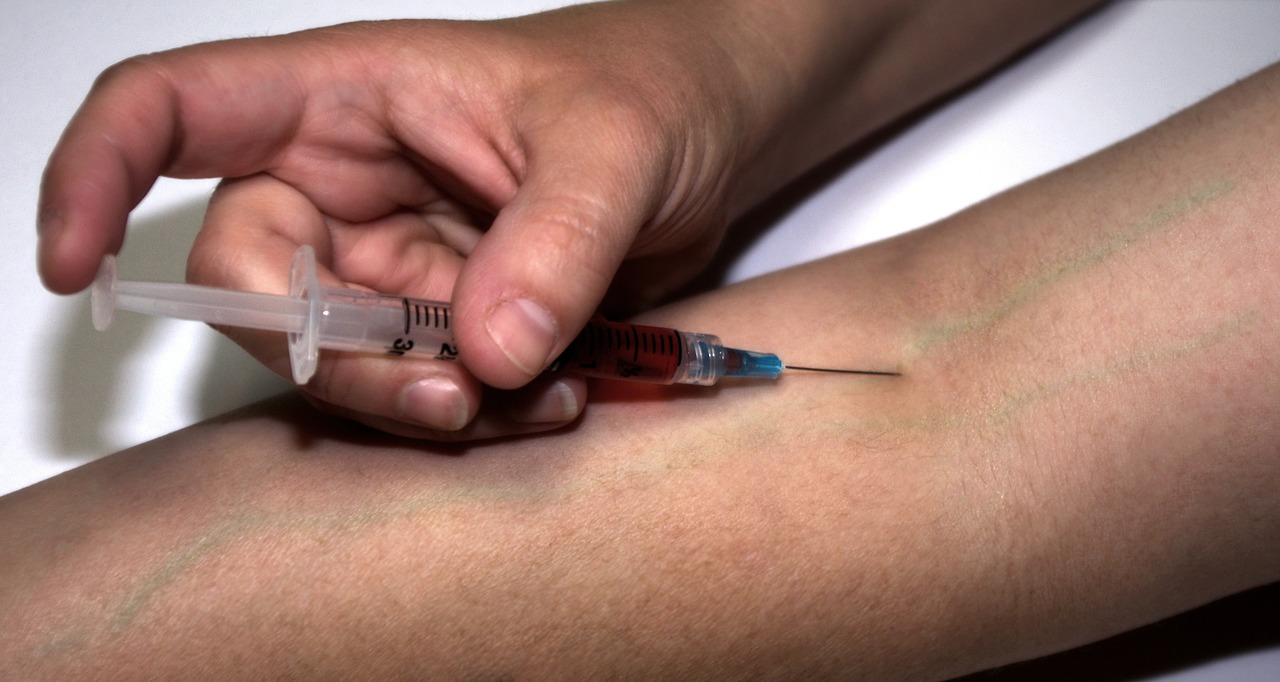A recent spike of Human Immunodeficiency Virus (HIV) in the state of Massachusetts, which is seen as a national model for the control of HIV transmission, has prompted the U.S. Centers for Disease Control and Prevention (CDC) to launch an investigation into its cause. The Massachusetts Department of Public Health requested assistance from the CDC after more than 52 new cases of HIV among drug users were reported in northeastern Massachusetts in 2017, compared to only 23 new cases the previous year.
According to HIV.gov, HIV is a virus that attacks the body’s T-cells (a type of white blood cell that assists in the immune response), making it harder for the body to fight off infections and disease. It is spread through blood, semen, pre-seminal fluids, rectal fluids, vaginal fluids, and breast milk. In the United States, the main causes for the spread of HIV are sex and needle sharing among drug users. HIV is currently treated with Antiretroviral Therapy (ART), which suppresses the virus to the point that it can no longer be detected in the blood or transmitted to another person. However, if left untreated, the virus can lead to the development of Acquired Immunodeficiency Syndrome (AIDS). People suffering from AIDS have weakened immune systems resulting in them acquiring an increasing amount of severe illnesses, called opportunistic infections.
HIV attacking the body’s blood cells.
Image Source: Science Photo Library – SCIEPRO
The recent spike of HIV infection has been concentrated in Lowell and Lawrence, Massachusetts and has occurred largely among the homeless and those who inject drugs, according to Boston News. Public health officials are puzzled as to why the HIV spike in those that inject drugs is occurring now, since the rate of HIV infection in Massachusetts has remained stable for the past few years, despite an increase in the use of injection drugs.
The state already sells and distributes clean syringes, and the Health Department recently sent all healthcare facilities the latest HIV statistics, and has urged doctors to ask patients about their drug use, offer HIV tests, and refer patients to programs that teach how to reduce one’s risk for infection. The CDC will dispatch disease trackers to conduct interviews with recently-infected individuals, as well as sequence the genomes of viral samples, in order to find transmission networks and help determine the cause of the spike.
According to the Boston Globe, Massachusetts is especially nervous about the spike of infections because of the 2015 outbreak in Indiana, where HIV was introduced into a network of drug users and almost 200 people were infected within a matter of months. Dr. Alfred DeMaria, medical director of the Bureau of Infectious Disease and Laboratory Sciences at the State Department of Public Health, says that the rise in infections is most likely a sign of a potential outbreak, and they want to stop it before it turns into an epidemic.
Feature Image Source: Injecting Medical Shot by PhotoLizM










